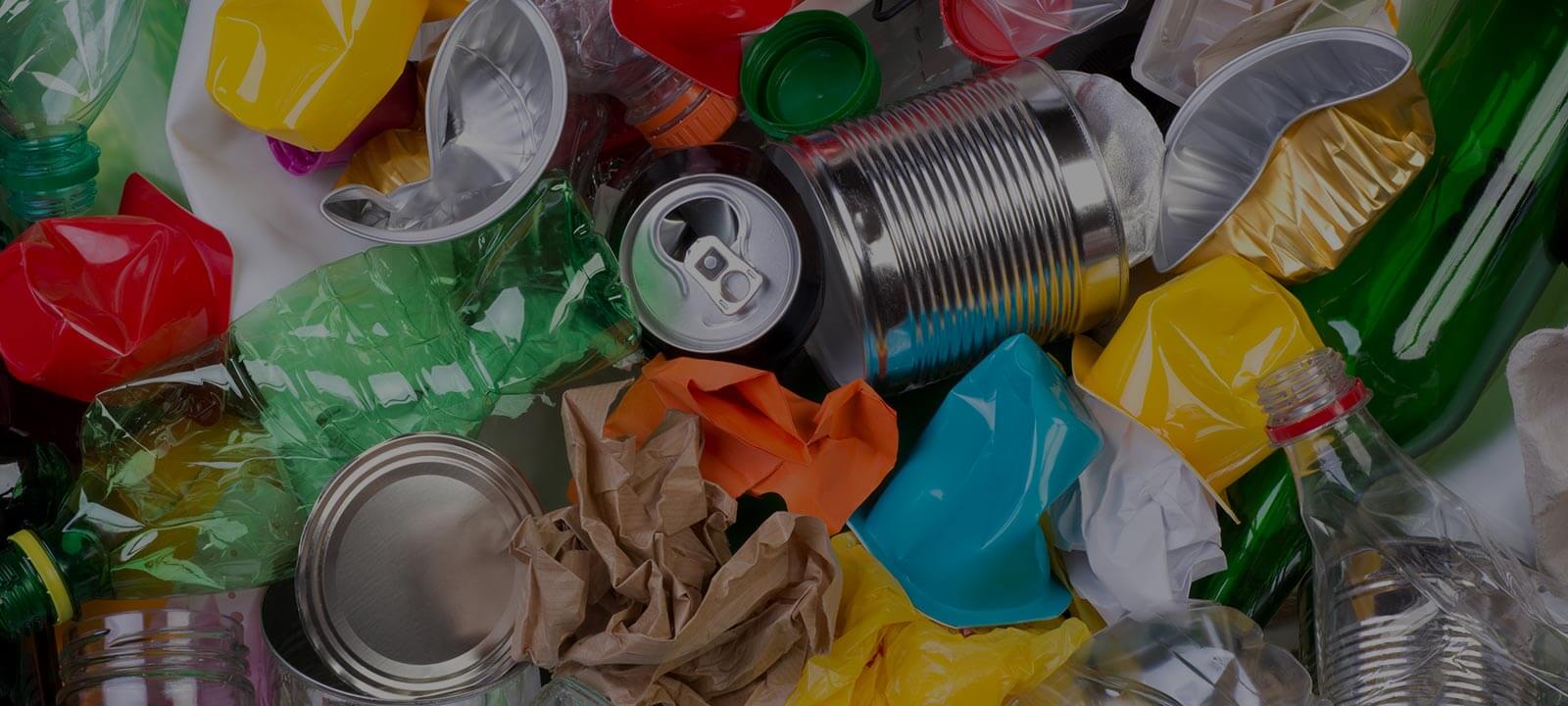Recycling's Positive Outcomes
Posted on 11/05/2025
Recycling is more than just a trend - it's a crucial practice that has significant repercussions on our environment, economy, and overall well-being. Whether it's reducing waste in landfills, conserving resources, or saving energy, the benefits of recycling are extensive. This article delves into the various positive outcomes of recycling and emphasizes why this practice is essential for sustainable living.
Environmental Benefits of Recycling
One of the most compelling arguments for recycling is its positive impact on the environment. By diverting materials away from landfills and incinerators, recycling helps to reduce pollution, conserve natural resources, and mitigate climate change.
Reduction in Landfill Waste
Landfills are a significant source of pollution, and the decomposition of organic waste contributes to the release of methane, a potent greenhouse gas. Recycling materials such as paper, plastic, and metal keeps them out of landfills, reducing the environmental burden associated with waste management.
Conservation of Natural Resources
Recycling helps conserve finite natural resources. For instance, recycling aluminum saves around 95% of the energy required to produce new aluminum from raw materials. Similarly, recycling paper reduces the need to cut down trees, preserving forests and biodiversity.
Energy Savings
Manufacturing products from recycled materials requires significantly less energy compared to using raw materials. This energy saving reduces fossil fuel consumption and decreases greenhouse gas emissions, contributing to a reduction in global warming.

Economic Advantages of Recycling
Recycling not only benefits the environment but also has a positive impact on the economy. By creating jobs, stimulating the industry, and saving costs, recycling proves to be an economically viable solution.
Job Creation
The recycling industry is labor-intensive, providing a variety of jobs in collection, sorting, processing, and selling recycled materials. According to the Institute for Local Self-Reliance, for every 10,000 tons of waste, recycling creates 36 jobs compared to only 6 jobs if the same amount is incinerated and 1 job if it's landfilled.
Economic Growth
Recycling stimulates local economies by creating markets for recycled goods. Companies that specialize in recycling, manufacturing recycled goods, or producing recycling equipment contribute to economic growth. This proliferation of businesses also helps in economic diversification.
Cost Savings
Communities can save money by recycling more and disposing of less. Reducing the amount of waste sent to landfills prevents hefty landfill fees. Additionally, it extends the life of existing landfill sites, saving the cost of developing new ones.
Recycling's Role in Public Health
Recycling also contributes positively to public health. By minimizing waste and reducing pollution, recycling helps create a cleaner and healthier environment for everyone.
Reduction in Pollution
By keeping waste out of landfills and reducing the need for raw material extraction and processing, recycling reduces air and water pollution. Pollution has direct and indirect effects on human health, contributing to respiratory problems, cardiovascular diseases, and other health issues.
Cleaner Communities
Recycling programs encourage cleaner communities by reducing litter and illegal dumping. Proper waste management practices enhance the aesthetic appeal of neighborhoods and prevent the spread of waste-borne diseases.
Climate Change Mitigation
By reducing greenhouse gas emissions, recycling helps mitigate climate change. A stable climate is crucial for public health as it prevents the emergence and spread of climate-related illnesses, such as heat stress and vector-borne diseases.

Challenges and Solutions in Recycling
Despite its benefits, recycling faces several challenges including contamination, lack of public awareness, and insufficient infrastructure. Addressing these challenges requires a multi-faceted approach involving policy changes, education, and technological advancements.
Contamination Issues
One of the major issues in recycling is contamination, which occurs when improper items are put into recycling bins. Contaminated recycling streams can become unusable and end up in landfills. To combat this, better public education on proper recycling practices is necessary.
Infrastructure Development
Many regions lack the necessary infrastructure to support comprehensive recycling programs. Investment in recycling plants and waste management facilities is crucial. Policies that provide incentives for such investments can help bridge the gap.
Technological Advancements
Innovations in recycling technology can significantly improve efficiency and effectiveness. Advances in sorting technologies, for instance, can better separate recyclables from contaminants, enhancing the quality of recycled materials.
Conclusion
Recycling is a powerful tool for sustainability, offering substantial environmental, economic, and health benefits. By reducing landfill waste, conserving natural resources, saving energy, creating jobs, boosting the economy, and mitigating pollution, recycling plays an indispensable role in our journey towards a greener future. Although challenges exist, with concerted efforts in education, policy-making, and technological advancement, they can be overcome. Embracing recycling in our daily lives and supporting comprehensive recycling programs can pave the way for a more sustainable and healthier planet.
In a world where resources are depleting and environmental concerns are escalating, the importance of recycling cannot be overstated. It is a simple yet effective solution that can yield profound positive outcomes when executed correctly. Let us all commit to recycling responsibly and encourage others to do the same.
Latest Posts
Alternatives to Common Plastic Items
Recycling Strategies for Non-Compostable Garden Materials






